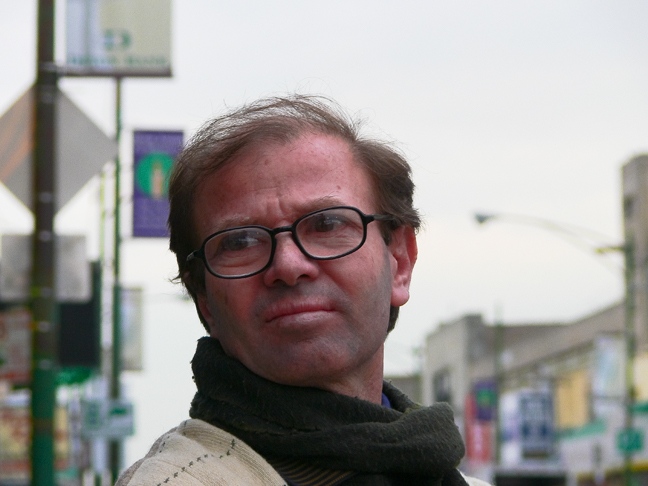
Have you ever noticed how some people visibly struggle over decisions, while others sail right through as if decisions weren't any problem at all? Why is that? One measure of intelligence has it that more intelligent people consider more possibilities than those of us who are less bright. That might say something about why some of us struggle with decisions and others do not, but my guess is that more is involved. One could also claim that those quick to decision have done their homework, thought ahead, planned their moves, prepared for contingencies. But in that case, the actual struggle with decision has been moved to a time previous to the so called "crunch point". That's a strategy well developed by those practiced in war, less so by those responding to disasters. Such a strategy might not actually be less stressful. It may only be that the total amount of stress has been spread out over time, not piled on in peak moments. Common medical wisdom suggests lesser levels of stress strengthen us, massive peak levels break us. But with no stress at all, atrophy sets in, muscular and mental facilities degrade. The same is true of social systems. A social system that has gone largely unchallenged for perhaps decades will become routinized, reified, complacent and unresponsive. Those involved will feed their own needs, instead of responding to society's needs. Corruption will take hold. Then when disaster strikes, an economic bubble bursts, or an invading army strikes, such a social system disintegrates. Its members are unprepared, unpracticed in handling the stress of decision making. We, as citizens, are member to a great many social systems: our families, our jobs, our communities, our states, our nation. It's a dizzying number of responsibilities, of necessity to make decisions, decisions that affect not only our own futures, but that of our families, our communities, of succeeding generations, the present and future of citizens of other nations, the environment and all its creatures, etc., etc., etc. Yet, some people are not dizzied. Some folks aren't stressed in the least. Once again, why? What is going on inside their heads that differentiates them from the rest of us who are often more deeply, sometimes sleeplessly troubled? I'd be fooling myself if I thought I had an answer to that question. I don't. But I do have some suspicions. "Simple think" would be my primary suspicion. Listen to what comes out of people's mouths when you question them about their decisions. Very often they will repeat a vacuous statement or platitude they've heard someplace before, a kind of rule-of-thumb. Whatever new situation has come upon them, they forcibly "fit" it into their pre-existing categories of understanding and go on from there. There is no accounting for subtlety or nuance, no reassessment of underlying assumptions, no effort made to grow in wisdom or understanding or judiciousness. "Simple think" is the result of an educational system and media environment that tells people what to think instead of challenging them to think. It has become disturbingly pervasive. How do I know what I think I know? Is there any valid reason to assume what I know is correct or even useful? Where and how can I get better information? What will be the consequences of my decisions, for myself, for others, for the environment? What can be done to minimize uncertainty and increase certainty? How will I know if things aren't working as planned? What will I need to know to make even better decisions next time? All those are questions that go beyond "simple think". All those are questions that will help keep our brains from atrophying. All those are questions that will help keep us involved in the workings of the social systems to which we belong. All those are questions that will help our involvement strengthen and enrich the social systems that sustain us. May you learn to relish and savor opportunity to challenge your thinking. Yours and all of our futures may depend on it. |
• Posted: Feb 18, 2011 14:25:55
• Comments Welcome
• Vote CoolPhotoblogs
• Purchase a Print
• Share
Tuesday, October 20th, 2009 Chicago IL USA |